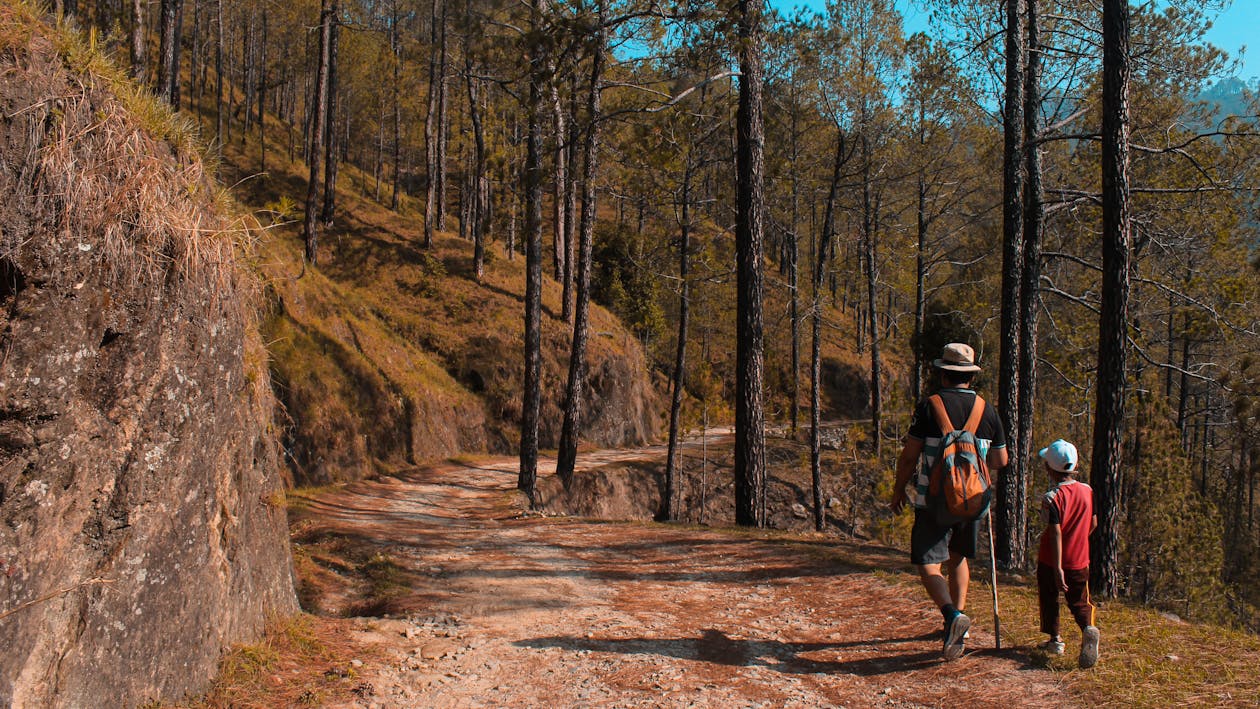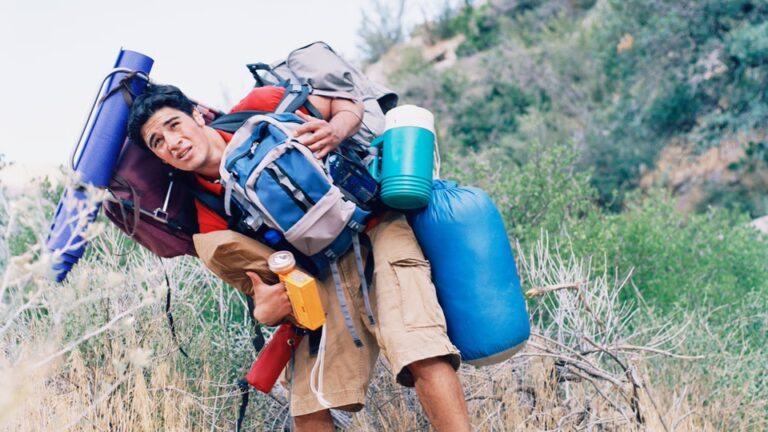What to Bring for a Successful Trail Adventure
Whether you’re exploring forests, mountains, or coastal paths, having the right gear can make all the difference between a fun, safe hike and a challenging experience. No matter the trail length or difficulty, preparation is key to staying comfortable, hydrated, and safe.
This guide covers the essential items you should bring to ensure a smooth and enjoyable trail adventure.
🎒 1. Backpack Essentials: What to Pack for the Trail
A lightweight but sturdy backpack is crucial for carrying your gear. Pack only what you need to avoid unnecessary weight!
✔ Water Bottle or Hydration Pack – Staying hydrated is crucial, especially on long trails.
✔ Snacks & Food – Bring high-energy snacks like nuts, protein bars, dried fruits, or sandwiches.
✔ Navigation Tools – A map, compass, or GPS device can prevent you from getting lost.
✔ First Aid Kit – Include bandages, antiseptic wipes, pain relievers, and blister protection.
✔ Multi-Tool or Knife – Useful for cutting, repairs, and emergencies.
✔ Flashlight or Headlamp – In case your hike takes longer than expected.
✔ Sunscreen & Sunglasses – Protect yourself from sun exposure, even on cloudy days.
✔ Bug Spray – Essential for wooded or humid areas.
✔ Whistle – A loud whistle can help in emergencies to signal for help.
💡 Tip: Pack according to trail length. For longer trails, bring extra food and water.
🥾 2. Clothing & Footwear: Dress for Comfort
Wearing the right clothing and footwear can keep you comfortable throughout your hike.
✔ Moisture-Wicking Base Layer – Helps keep sweat off your skin.
✔ Insulating Mid-Layer – A fleece or light jacket for warmth.
✔ Waterproof or Windproof Outer Layer – Protects against rain and wind.
✔ Comfortable, Durable Pants or Leggings – Avoid jeans; go for flexible, quick-drying fabric.
✔ Good Hiking Boots or Shoes – Sturdy, comfortable footwear with good grip is a must.
✔ Hat & Gloves – Important for cold weather trails.
✔ Extra Socks – Wet feet can cause blisters; always pack a dry pair.
💡 Tip: Wear layers so you can adjust to changing temperatures easily.
⛰️ 3. Extra Gear for Different Trail Conditions
Depending on the location, weather, and season, you may need additional gear:
✔ Rain Poncho or Jacket – If hiking in areas with unpredictable weather.
✔ Gaiters – Protects your lower legs from mud, snow, or debris.
✔ Trekking Poles – Helps with balance on rough or steep terrain.
✔ Crampons or Microspikes – Needed for icy or snowy trails.
✔ Bear Spray or Safety Whistle – If hiking in areas with wildlife.
✔ Portable Charger or Power Bank – Keeps your phone charged for navigation and emergencies.
💡 Tip: Always check the weather before you hike to pack accordingly!
🔋 4. Safety & Trail Etiquette Tips
✔ Tell Someone Your Plan – Let a friend or family member know your trail route and expected return time.
✔ Stick to Marked Trails – Avoid getting lost by staying on designated paths.
✔ Respect Nature – Leave no trash behind and avoid disturbing wildlife.
✔ Check Your Gear Before You Go – Make sure everything is in working order.
✔ Know Your Limits – Don’t push too hard; take breaks as needed.
💡 Tip: If you’re hiking in an unfamiliar area, download an offline trail map just in case!
🌿 Final Thoughts: Be Prepared & Enjoy the Journey!
Bringing the right items ensures your comfort, safety, and enjoyment on any trail adventure. Whether you’re hiking a short beginner-friendly path or tackling a challenging mountain trail, the key is to pack smart, stay hydrated, and respect nature.
💬 What’s the one item you always bring on the trail? Let’s chat in the comments! 🚶♀️🎒








Hi, this is a comment.
To get started with moderating, editing, and deleting comments, please visit the Comments screen in the dashboard.
Commenter avatars come from Gravatar.